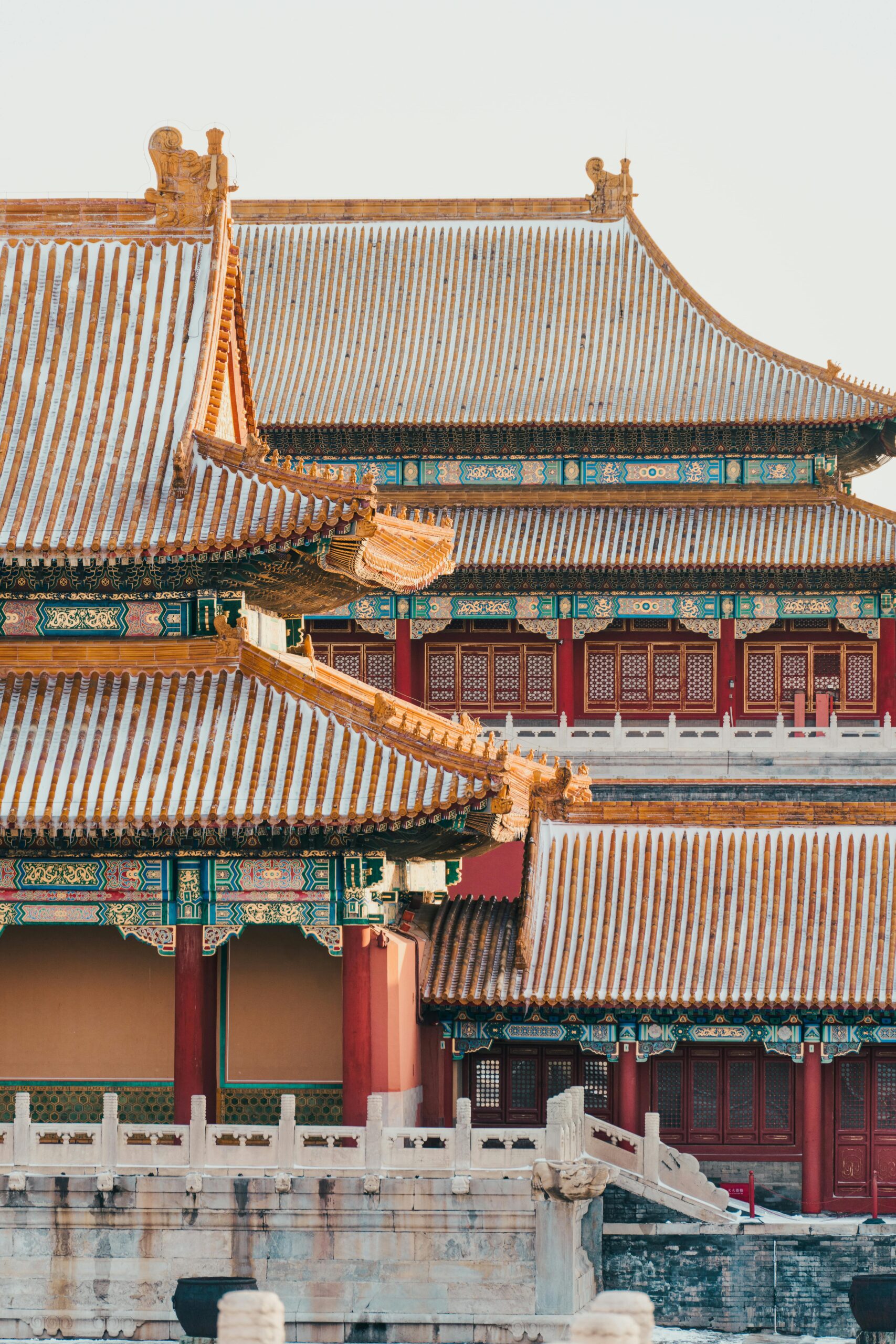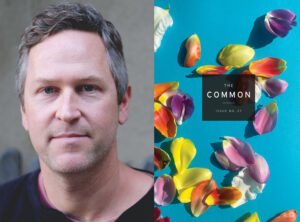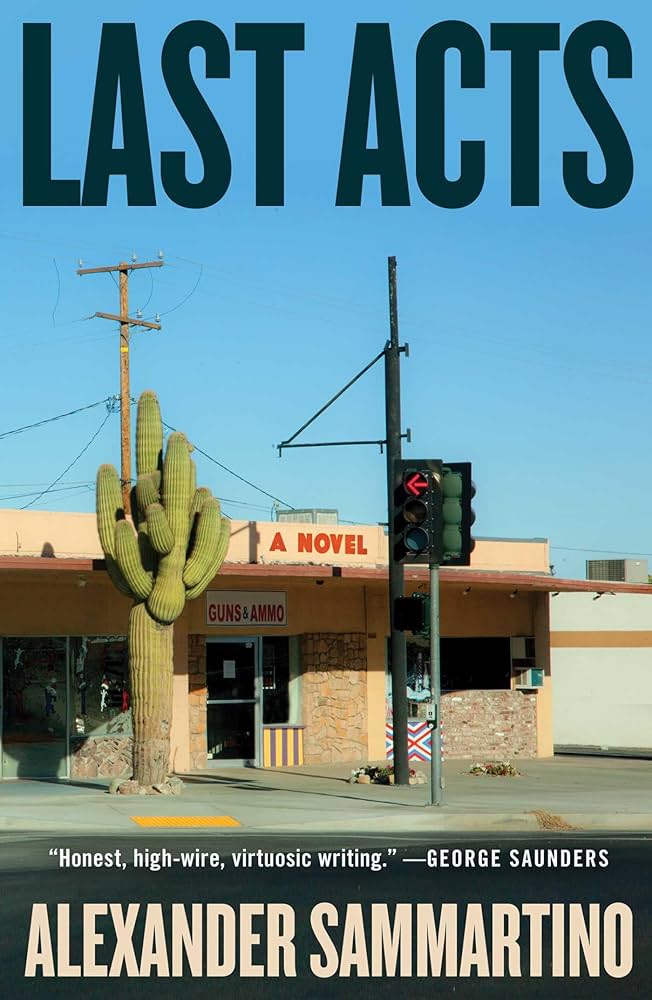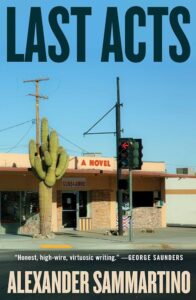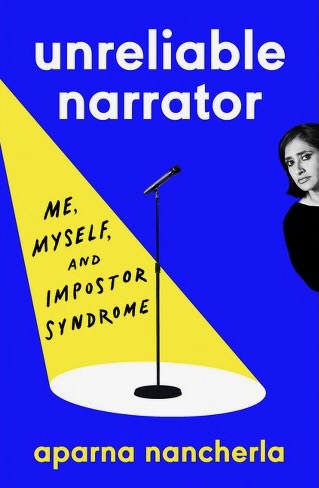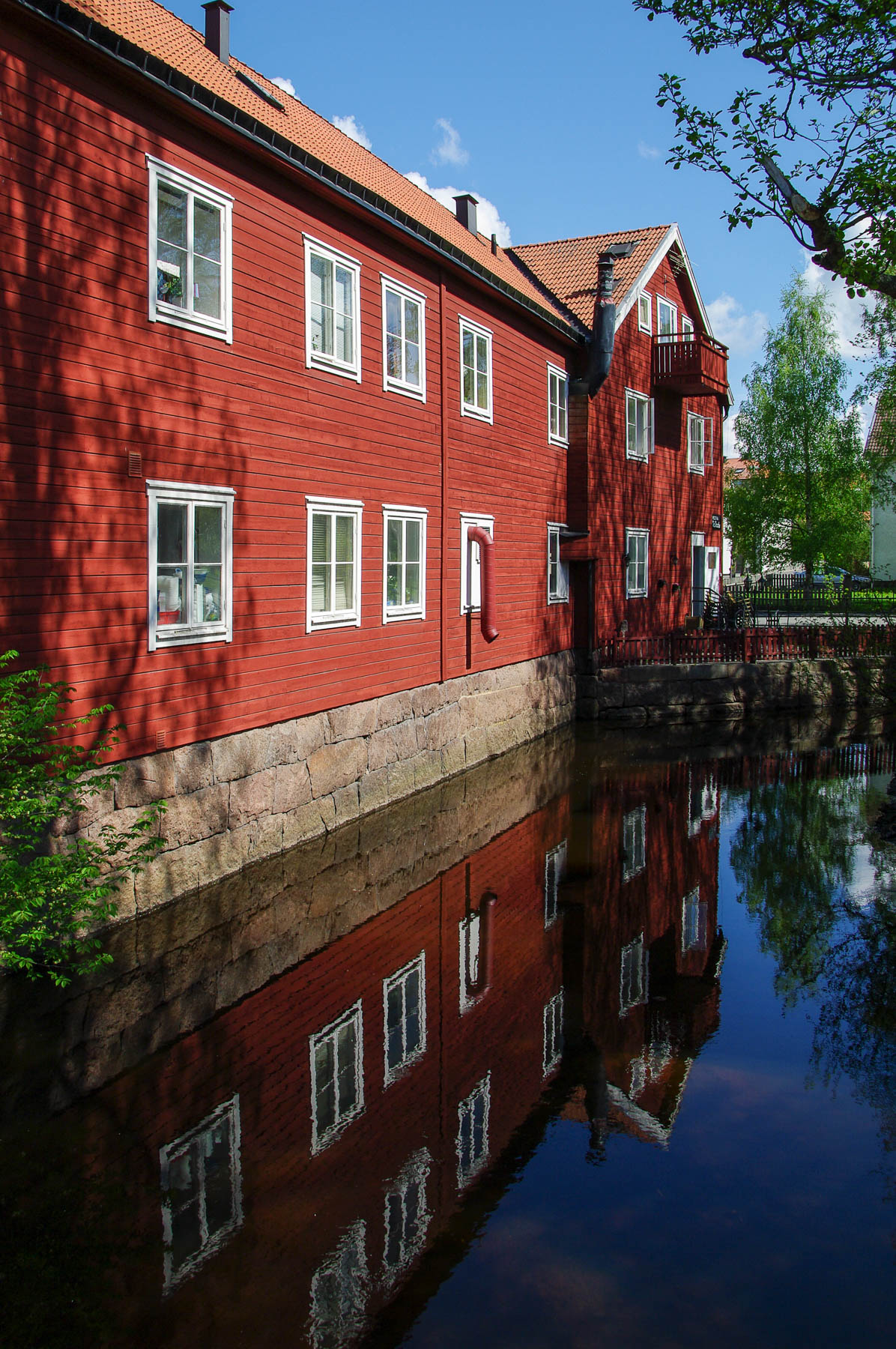By JIANAN QIAN
This piece is part of a special portfolio about youth and contemporary culture in China. Read more from the portfolio here.
Alex dislikes the security check in Shanghai’s subway stations, from both an ideological and personal perspective. Being American, he hates any intrusion on privacy. And today he’s carrying a black dildo in his backpack, wrapped in a wine tote bag with a Spanish brand name on the outside. Still, he worries the X-ray man might stop him for inspection.
He touches the student ID in his jeans pocket. Back in college, George—his Chinese teacher whose toupee once came loose—had told him that the Chinese respect Ph.D. students.
The man lets him pass.
“Xie xie,” Alex thanks him.
It’s not rush hour. He finds a seat and places his backpack on his lap. With his uncombable hair sprawling out in all directions, he looks like the photo of Einstein that appears in Chinese high school textbooks. Not that Alex would know about that. His destination is the west side of the city, a five-star hotel. A sex class will take place in one of the suites and he’ll be one of the models. It’s his first time participating in the sex industry, and the thought brings a smile to his face. However, the young woman sitting beside him seems uncomfortable or offended by his presence, and moves to another seat.
